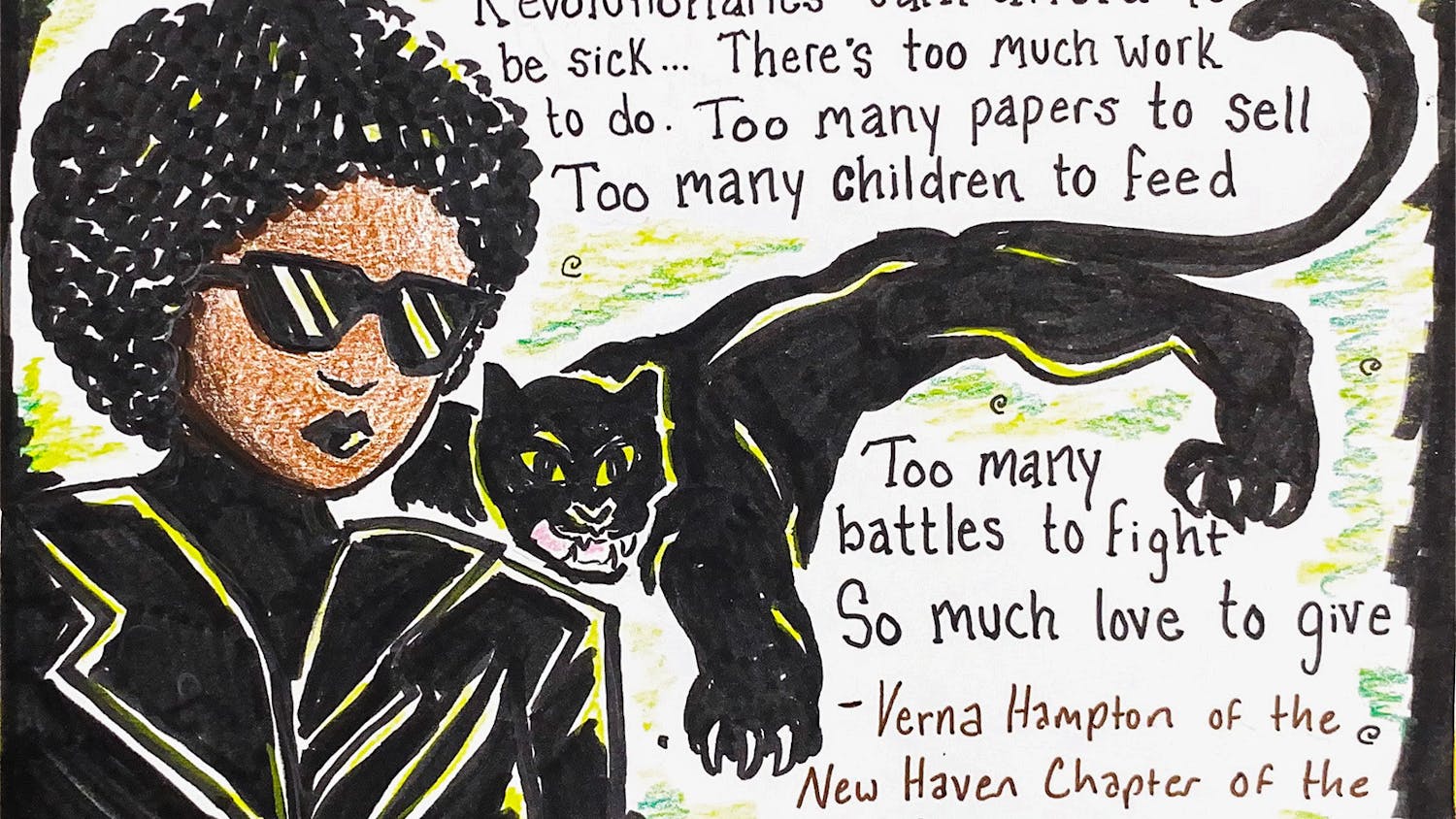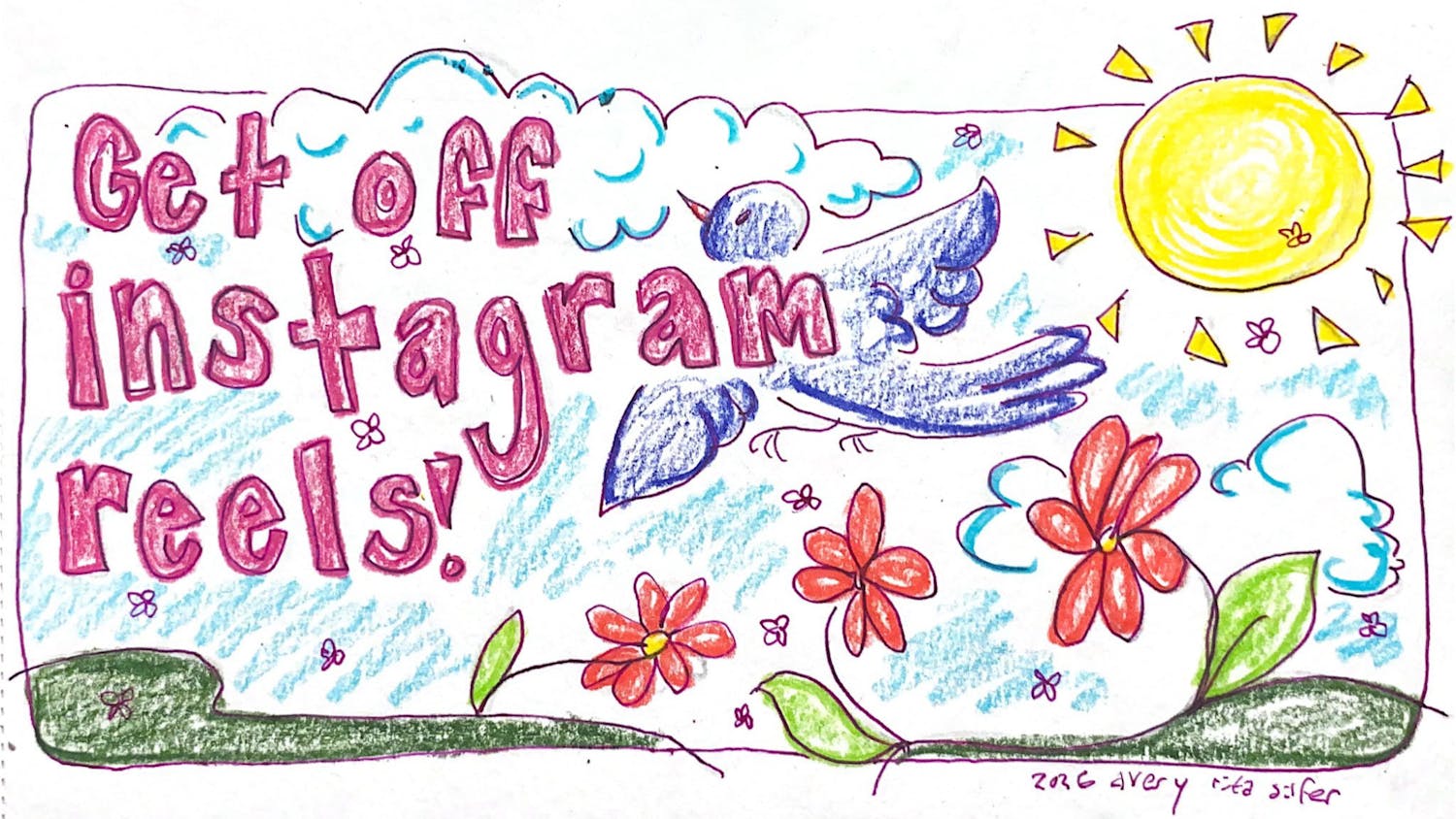Seniors of the Film and Digital Media Arts Department (FDMA) have struggled to stay motivated while trying to find alternative ways to finish their capstone projects. With the ongoing pandemic of COVID-19 and the rules that prohibit face-to-face interaction, students are finding it harder to cope in a world of uncertainty.
The University of New Mexico students enrolled in the FDMA program study under a four year cohort program that teaches them skills of filmmaking and prepares them to work within the film industry after graduation. The culmination of their hard work is presented in their senior capstones where they work in crews to create a film, video game or animation from beginning to end.
With the stay-at-home order extended to May 15 by New Mexico Governor Michelle Lujan Grisham, all original plans of showcasing this year’s capstone projects have been delayed.
Even with the looming danger of COVID-19, capstone crews were determined to finish their work.
“We were trying to be safe,” Writer and Director of Artificial, Garrett Julian said. “We had hand sanitizer and people were doing their best to stay distant. This was right at the cusp of when it got really serious. We were trying to go as long as we could but the situation escalated quickly.”
Artificial is a film based around a teenage boy who develops an artificial intelligence with the hopes that it helps him with his social life and getting the girl he likes.
Other capstones weren’t as lucky. Writer and Director, Harry Chen for Gazelle turned Lion, was only in the pre-production stage and was planning to shoot in March when the coronavirus struck the United States.
“I think that in July, equipment is allowed to be checked out,” Chen said. “So I’m planning the schedule towards that and I am also checking in with locations and actors to see if they are still good to film during that time,”.
Gazelle turned Lion is a film about a man named Steve who tries to become a dancer at his crushes bachelorette party only to discover a greater passion in his life.
“The problem is that we are all ambitious people, filmmakers just want to do it,” Maynard Del Mar, writer and director for Last Wash said. “We could all be out there filming and then by the end of the summer we could have lost a crew member or multiple crew members. That’s one of the biggest things in the film industry, the safety of the crew.”
For Del Mar and his crew they were fortunate to have wrapped production and were in the beginning stages of editing. Del Mar has high hopes of continuing to edit with his editing partner Andy Garcia, even in these tough times.
“I can not sit here, wait with all this time and let the sun go by,” Del mar said. “This is a huge opportunity and kind of a gift a little bit, that we don’t have much of a choice. I don’t want to waste this time and not get it done.”
Get content from The Daily Lobo delivered to your inbox
Last Wash is a love story set in a laundromat between the golden age of no cellphones and 9/11, where people were more connected with each other.
There is no lack of determination for their capstone projects but when it comes to continuing their education, one capstone director has a different opinion.Mandolin Eisenberg, writer and director for Habitat, spoke out about her feelings towards finishing her degree amongst the global pandemic we’re facing.
“I’ve been trying really hard to not focus on school because I’m at high risk and it stresses me out,” she said. “If there is a chance that I could die, I’m not going to spend the last few months of my life or weeks or hours working for a degree that feels very obituary now.”
To take her mind off the coronavirus, she focuses on creating art in her house where she’s isolated alone from the world around her.
“I feel very grateful that my crew was so put together that we were able to finish principal photography,” Eisenberg said. “There are so many capstones that didn’t get to shoot.”
Eisenberg is at the editing stage and hopes to edit her project through the pandemic. She said, “this project is so personal and passionate for me. That what it comes down to is just being able to get it done and thankful that we shot it.”
Habitat is a film about a social media influencer named Jedda, who is living in a surveillance booth and in a world that is heavily polluted and controlled, that people can’t leave their houses without air masks.
One of the looming questions for students, is whether the capstones should still be premiered in person or viewed online. When asked on the subject, James Stone, department chair of FDMA, ultimately felt that this question should be asked and answered by the capstone students.
Some directors felt that capstones should have the option to be viewed online.
“I wrote it (Habitat) with the intention for it to be released online,” Eisenberg said. “I feel very strongly about how narratives can be controlled by how they are distributed. I was going to make it into ten minute episodes and put it on YouTube because that is literally the most accessible thing.”
However, the majority of directors are still adamant that this year’s capstones should wait to be shown with an audience.
“Anyone can watch anything online, but that’s not what the experience of filmmaking is about,” said Del Mar. “We need to be in person with an audience. Most film festivals will not allow you to enter a film into their festival for competition if it’s been broadcast online.”
The FDMA department has been very generous by allowing students even after they have graduated, to have access to film equipment to finish their capstone projects this summer.
“The least we can do is have a proper showing. I feel that’s the one thing we have control over,” Julian said. “We don’t have to show it online, we can show it in person whenever it's safe. It’s a movie, not a casserole, it’s not going to go bad if we don’t eat it right away.”
Jeanette DeDios is a student in the Communication and Journalism department.





